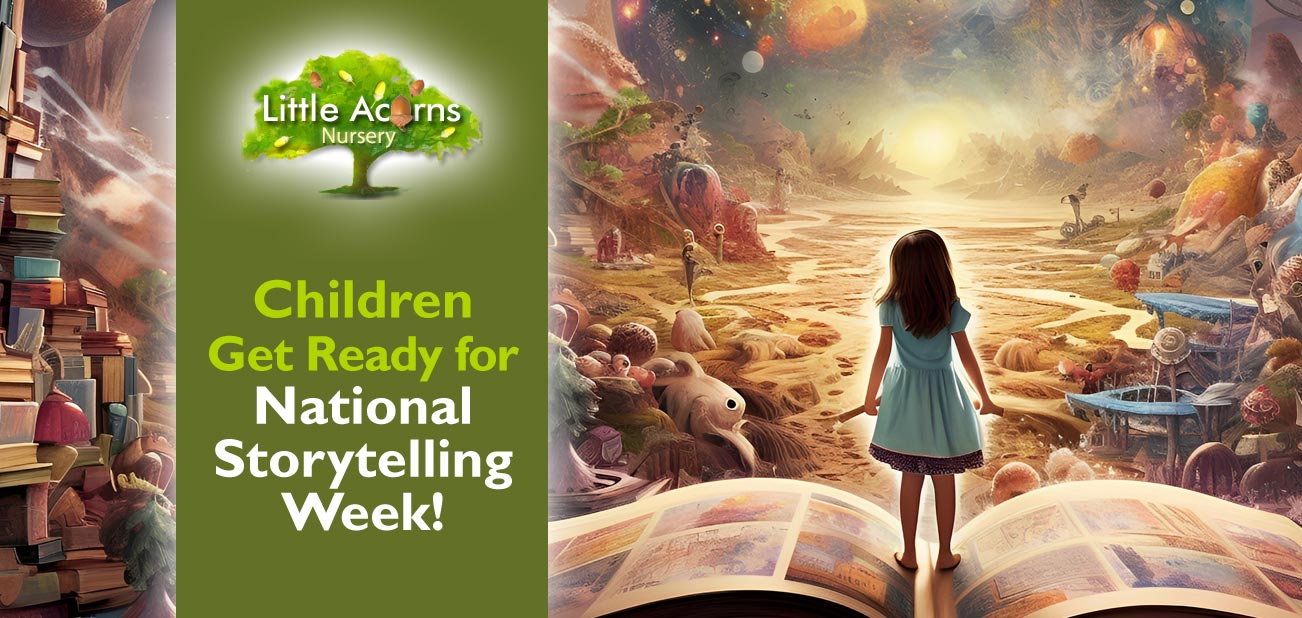
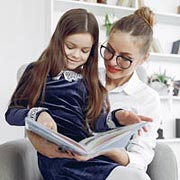 With the start of the new year now behind us, it’s time for children to get ready to take part in National Storytelling Week. This year it begins on Saturday the 1st of February and ends on Sunday the 9th. It’s a wonderful initiative that brings children and families together to use their imaginations, get creative, and entertain one another. What better time of the year to do that than during mid-winter? National Storytelling Week is perfectly timed to be a fabulous antidote to cold, blustery, winter days and is a wonderful way for children to escape through the power of the mind.
With the start of the new year now behind us, it’s time for children to get ready to take part in National Storytelling Week. This year it begins on Saturday the 1st of February and ends on Sunday the 9th. It’s a wonderful initiative that brings children and families together to use their imaginations, get creative, and entertain one another. What better time of the year to do that than during mid-winter? National Storytelling Week is perfectly timed to be a fabulous antidote to cold, blustery, winter days and is a wonderful way for children to escape through the power of the mind.
National Storytelling Week
Saturday 1st to Sunday 9th February 2025
This year’s theme, as set by the National Literacy Trust, is Reimagine your world. It’s an open-ended theme that will allow children of all ages the freedom to create stories in an unconstrained way. With so many possibilities available to them, they can stretch their imaginations and get their creative juices flowing. They can choose to imagine anything from small, subtle changes to the world they live in, right through to worlds that are completely transformed from the reality that they’re familiar with. Imaginations can run riot and the possibilities are infinite!
Great Reasons for Children to Get Involved
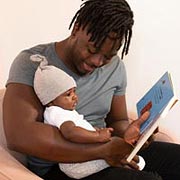 Whether listening to another’s story or creating it themselves, storytelling is a fun activity for children and adults alike. In either case, imagination is a powerful thing that will allow children to immerse themselves in new worlds, new situations, and new adventures. What’s more, it can even allow them to temporarily become someone or something else. That’s hugely powerful!
Whether listening to another’s story or creating it themselves, storytelling is a fun activity for children and adults alike. In either case, imagination is a powerful thing that will allow children to immerse themselves in new worlds, new situations, and new adventures. What’s more, it can even allow them to temporarily become someone or something else. That’s hugely powerful!
Storytelling is incredibly beneficial to children:
- Storytelling stretches children’s imaginations, allowing them to see new possibilities that might otherwise never have occurred to them.
- It boosts children’s creativity and critical thinking skills.
- It enhances literacy skills including speaking, listening, reading, and writing, including vocabulary.
- Through all of the above, storytelling helps to improve children’s communication skills.
- It teaches them about the world and helps them to make sense of it.
- It encourages empathy by allowing them to step into the shoes of another person, animal, or thing.
- Storytelling helps children relax, enjoy quality time, and escape from their usual life for a while — great if they’ve had a challenging day or week.
- Storytelling is a wonderful vehicle via which children can express themselves, feel seen, and feel heard.
- It is also a superb way for children to learn about topics they might otherwise have not experienced.
- It opens their eyes to possible careers in the creative industries, for example, writing for fiction/non-fiction books, the media, journalism, copywriting, blogging, travel writing, etc.
- Storytelling is free — and huge fun!
Such benefits will help children during childhood as well as when they’re older — potentially even enhancing their careers.
Starting Points & Storylines
 With a theme as open-ended as reimagining their world, children have free reign to come up with all kinds of storylines and scenarios. When it comes to creating stories the world is, as they say, their oyster and it’s only limited by their imaginations. They could perhaps come up with some kind of fantasy with colourful landscapes, magic, and weird, wonderful creatures. Or perhaps the story revolves around a futuristic city where travel by hoverboard is the norm. Or maybe the storyline is something more simple and subtle that’s not so different to reality. It’s entirely their choice and, for supervising adults and parents, it’ll certainly be interesting to see what they create.
With a theme as open-ended as reimagining their world, children have free reign to come up with all kinds of storylines and scenarios. When it comes to creating stories the world is, as they say, their oyster and it’s only limited by their imaginations. They could perhaps come up with some kind of fantasy with colourful landscapes, magic, and weird, wonderful creatures. Or perhaps the story revolves around a futuristic city where travel by hoverboard is the norm. Or maybe the storyline is something more simple and subtle that’s not so different to reality. It’s entirely their choice and, for supervising adults and parents, it’ll certainly be interesting to see what they create.
“The most extraordinary story can come from the most ordinary place: it just needs someone to find it.” — The Literacy Trust.
Tips for Storytelling Success
 First-time storytellers may better grasp the idea if an adult/parent first tells a story as an example. This will help them see what’s possible — and indeed show that anything is possible.
First-time storytellers may better grasp the idea if an adult/parent first tells a story as an example. This will help them see what’s possible — and indeed show that anything is possible.- New storytellers may also find it easier, initially, to base their story on an existing one that they’ve perhaps seen on TV or read about. Once they get the hang of it, they can adapt more and branch out into new, unique, stories created from scratch.
- Encourage interaction. Creativity will be boundless, fun, and insightful if listening children can ask questions of the storyteller or even suggest plot twists and storylines.
- Children can brainstorm ideas, whether individually, with parents/carers, or in friendship groups.
- One child could start the story and the next child could add to it as a way of allowing the story to unfold in unexpected ways. In this way, the story could gradually build up through team effort.
- Props really bring stories to life — for example hand puppets or using cuddly toys as placeholders for characters in the story. Children will love this!
- Encourage the use of different voices and even accents for different characters in the story. This makes the story more realistic and immersive.
- Different volumes and reading paces bring stories to life too. Examples include whispering to build suspense, speaking faster when the story gets more frantic, using a louder voice when a character needs to be more animated, altering one’s spoken cadence, and so on.
- A scrapbook of storytelling ideas can be useful. Perhaps clip images from magazines or from print-outs to stick into the scrapbook as a possible reference to spark ideas. It’s a great way of getting children going on the storytelling path.
- Set your child up a storytelling and reading corner somewhere in the home. This could be somewhere in a quiet corner, alcove, or nook, away from noisy areas or main thoroughfares. Children will also love it being inside something like a tent or teepee. And, when age/safety appropriate, it could include cushions, soft toys and blankets scattered around to make it cosy and even inspiring. A storytelling corner or nook will encourage children to regularly visit the area to read, tell stories, get creative, and spend quality time.
So families, grab this opportunity to bring some magic and creativity to the otherwise cold, wintery days that can otherwise feel so limiting for children. They will enjoy the escapism, the adventure, the possibilities and the entertainment that storytelling brings. And, when they have been active participants, they’ll feel empowered by the discovery of creative skills they may not have realised they even had. Storytelling is immersive and magical for both speaker and listener and is beneficial in so many ways. So, make the most of National Storytelling Week this year and get children involved. Watch as they realise the endless possibilities that await them. Then, if it’s successful as surely it will be, consider extending storytelling to the whole year!
Little Acorns Nursery, Clayton-le-Woods, Chorley

 We love storytelling with the children at Little Acorns Nursery in Clayton-le-Woods! We know how valuable it is to their development, knowledge, and abilities, and how it boosts key EYFS areas of learning. Communication and language, literacy, expressive arts and design are just some examples of this. With that in mind, we ensure every child is nurtured, encouraged, and given every opportunity to garner a complete range of skills that will stand them in great stead as they grow older. And, when the time comes to leave us to begin school, they will have all the tools and abilities they’ll need to thrive independently and with confidence.
We love storytelling with the children at Little Acorns Nursery in Clayton-le-Woods! We know how valuable it is to their development, knowledge, and abilities, and how it boosts key EYFS areas of learning. Communication and language, literacy, expressive arts and design are just some examples of this. With that in mind, we ensure every child is nurtured, encouraged, and given every opportunity to garner a complete range of skills that will stand them in great stead as they grow older. And, when the time comes to leave us to begin school, they will have all the tools and abilities they’ll need to thrive independently and with confidence.
Get in touch today to request a guided tour of the nursery, ask any questions, or begin an application for a nursery place for your child at Little Acorns:
Little Acorns is a perfect choice for those seeking high-quality nurseries and preschools in Clayton-le-Woods, near Chorley. We are also convenient for children living in nearby towns and villages. These include Clayton Brook, Clayton Green, Thorpe Green, Pippin Street, Buckshaw Village, Whittle-le-Woods, Farington, Bamber Bridge, Lostock Hall, Euxton, Leyland, and Penwortham.

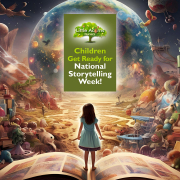
 First-time storytellers may better grasp the idea if an adult/parent first tells a story as an example. This will help them see what’s possible — and indeed show that anything is possible.
First-time storytellers may better grasp the idea if an adult/parent first tells a story as an example. This will help them see what’s possible — and indeed show that anything is possible.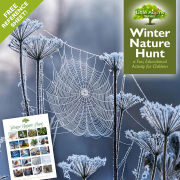
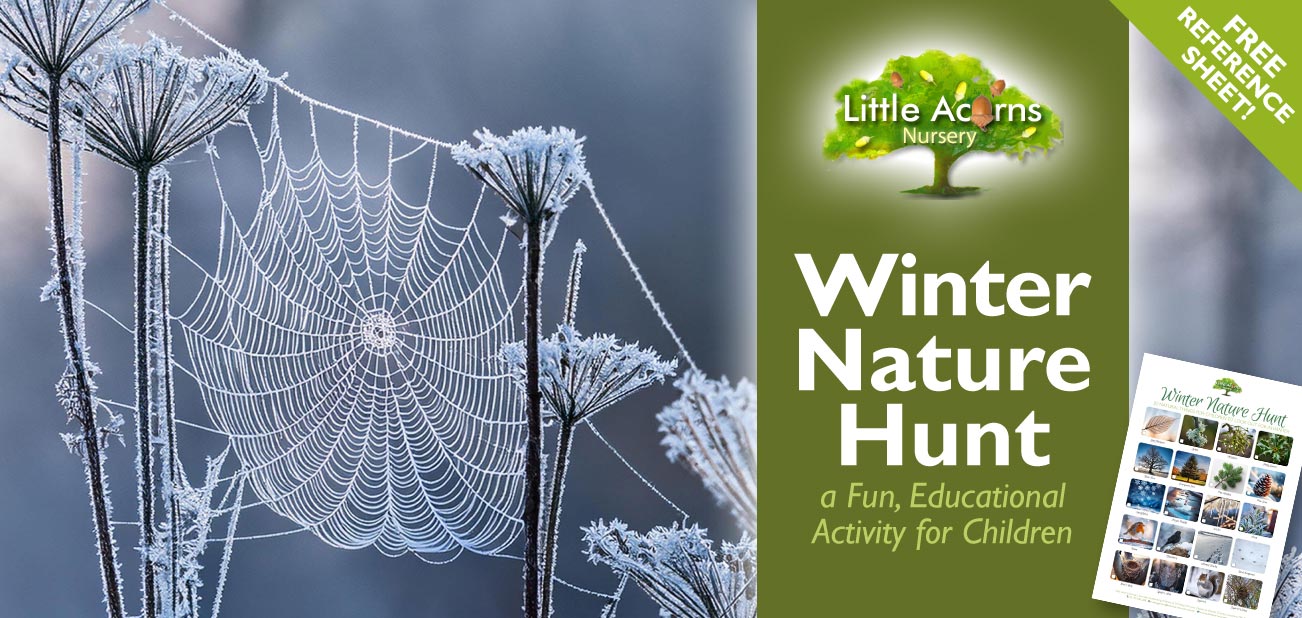

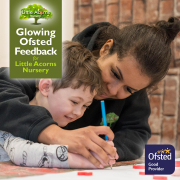
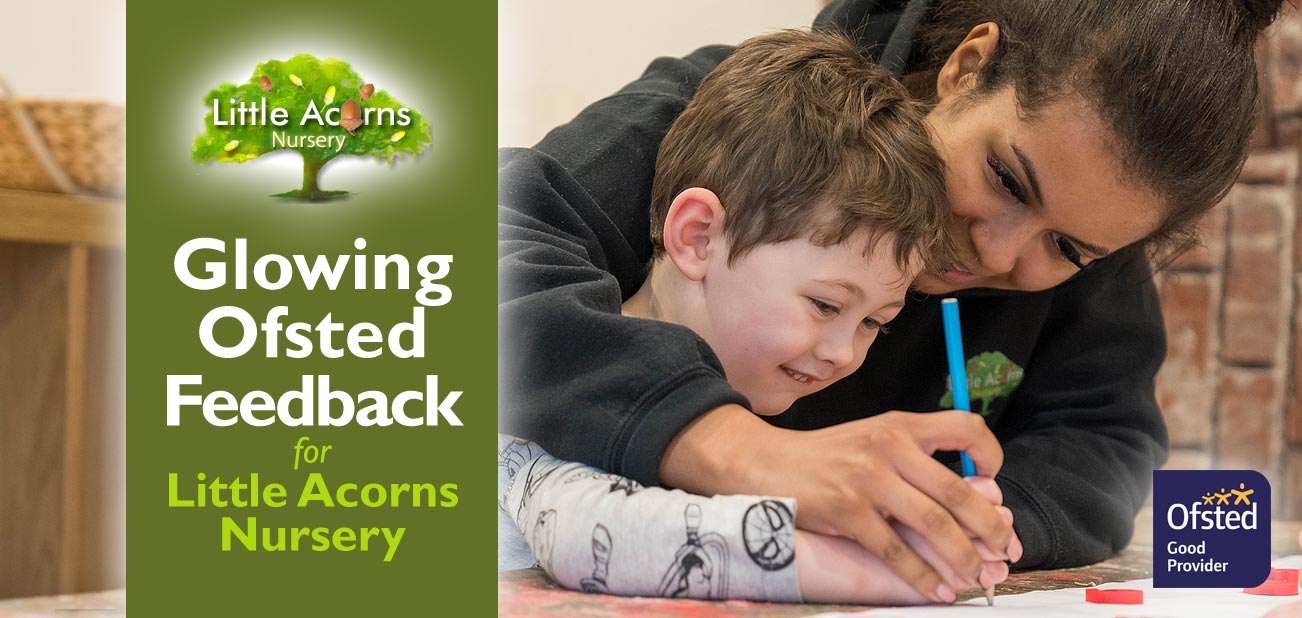
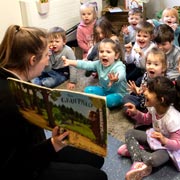 Today we look at the wonderful Ofsted report published recently for Little Acorns Nursery in Clayton-le-Woods, Chorley. Ofsted is The Office for Standards in Education, Children’s Services and Skills. Their inspector visited this fabulous Lancashire childcare setting in late August and released its official report a month later on 25 September 2024. Our post today spotlights some of the many glowing comments made by the inspector therein, following her visit. It also highlights the reasoning for ‘good provider’ ratings across all areas of the Ofsted report. Take a look and you’ll see why babies, children under five, and those with special educational needs and/or disabilities absolutely thrive at Little Acorns.
Today we look at the wonderful Ofsted report published recently for Little Acorns Nursery in Clayton-le-Woods, Chorley. Ofsted is The Office for Standards in Education, Children’s Services and Skills. Their inspector visited this fabulous Lancashire childcare setting in late August and released its official report a month later on 25 September 2024. Our post today spotlights some of the many glowing comments made by the inspector therein, following her visit. It also highlights the reasoning for ‘good provider’ ratings across all areas of the Ofsted report. Take a look and you’ll see why babies, children under five, and those with special educational needs and/or disabilities absolutely thrive at Little Acorns.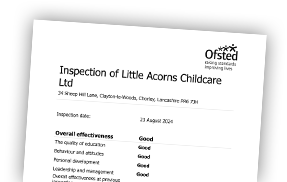 Overall effectiveness: Good
Overall effectiveness: Good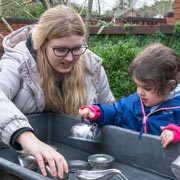 Any good nursery or childcare provider will ensure that children understand right from wrong and are mindful of the effect their actions have on others, including peers. Nurturing good manners and appropriate behaviour amongst little ones benefits everyone including, of course, the children themselves. Ofsted’s latest report recognised that Little Acorns is very successful in this regard:
Any good nursery or childcare provider will ensure that children understand right from wrong and are mindful of the effect their actions have on others, including peers. Nurturing good manners and appropriate behaviour amongst little ones benefits everyone including, of course, the children themselves. Ofsted’s latest report recognised that Little Acorns is very successful in this regard: Children find messy play hugely rewarding as well as being immense fun. Messy play nurtures children’s imaginations, creativity, dexterity, and self-expression and benefits them in many other ways. It is therefore a crucial part of early years learning and development — and more important than it perhaps sounds. Ofsted picked up on the quality of messy play activities at Little Acorns Nursery within its report:
Children find messy play hugely rewarding as well as being immense fun. Messy play nurtures children’s imaginations, creativity, dexterity, and self-expression and benefits them in many other ways. It is therefore a crucial part of early years learning and development — and more important than it perhaps sounds. Ofsted picked up on the quality of messy play activities at Little Acorns Nursery within its report: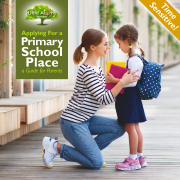
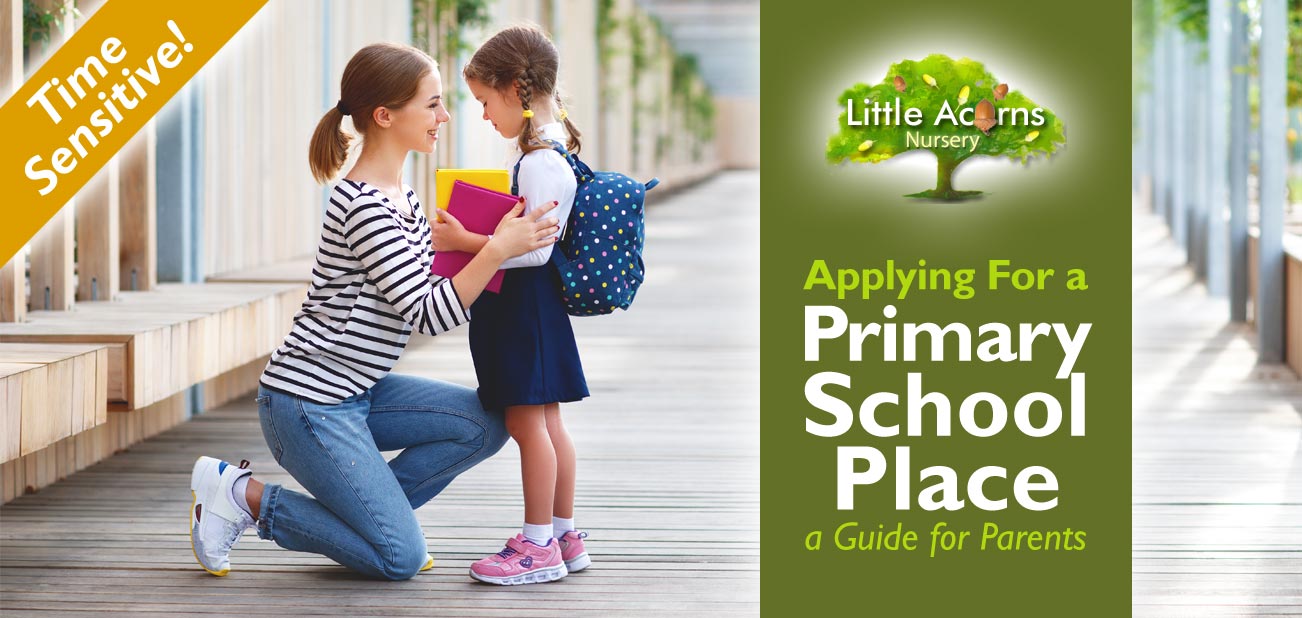
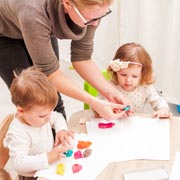 If your child is 3 or, at the latest, has just turned 4, it’s time for you to apply for their primary school place. What’s more, you only have until about mid-January to do so. That’s all true whether you intend them to start school at 4 or leave it until they’re 5. In today’s guide, we explain the rules around applying for a primary school place, the key dates you need to know, what to expect, and the various options open to you and your child.
If your child is 3 or, at the latest, has just turned 4, it’s time for you to apply for their primary school place. What’s more, you only have until about mid-January to do so. That’s all true whether you intend them to start school at 4 or leave it until they’re 5. In today’s guide, we explain the rules around applying for a primary school place, the key dates you need to know, what to expect, and the various options open to you and your child.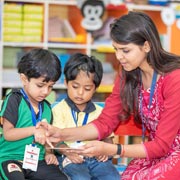 Most children in England start primary or infant school earlier, in ‘Reception’ year. For most, this will be in the September term when they’re still only 4. That’s just one reason why applying for a primary school place is so important while they’re only 3 or, at the very latest, have just turned 4.
Most children in England start primary or infant school earlier, in ‘Reception’ year. For most, this will be in the September term when they’re still only 4. That’s just one reason why applying for a primary school place is so important while they’re only 3 or, at the very latest, have just turned 4.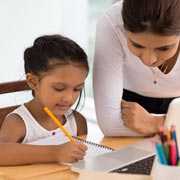 Registering an interest that you’re interested in a particular primary school is sensible and, indeed, may result in the school supplying some useful information. However, it will not guarantee your child a place even if it’s attached to their nursery or preschool. You therefore need to make your official application through
Registering an interest that you’re interested in a particular primary school is sensible and, indeed, may result in the school supplying some useful information. However, it will not guarantee your child a place even if it’s attached to their nursery or preschool. You therefore need to make your official application through 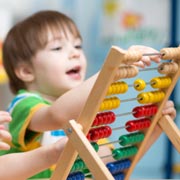 Research your local primary schools, visit them to get a feel for them, and ask teachers and heads any questions you may have. Schools often have open days or evenings or accept appointments for these purposes.
Research your local primary schools, visit them to get a feel for them, and ask teachers and heads any questions you may have. Schools often have open days or evenings or accept appointments for these purposes.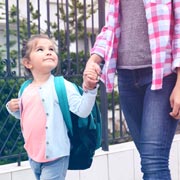 The child’s proximity to the school;
The child’s proximity to the school; For primary** school places, offers are released around the 16th* of April each year, the exact date depending on whether the 16th otherwise falls on a weekend or public holiday. For 2025, 2026, and 2027, primary school ‘offer day’ will therefore fall right on target on the 16th of April as each is a weekday for each of those years. Those applicants who had applied online, on time, and supplied an email address during the application process, will be the first to receive offers via email. Later the same day, others who supplied an email address will also receive offers via email. Those who applied without supplying an email address will have their offers posted via 2nd Class post, meaning they may find out what school their child has been offered a day or two later than the 16th of April. That said, some local authority portals allow all parents to log in to view school offers online.
For primary** school places, offers are released around the 16th* of April each year, the exact date depending on whether the 16th otherwise falls on a weekend or public holiday. For 2025, 2026, and 2027, primary school ‘offer day’ will therefore fall right on target on the 16th of April as each is a weekday for each of those years. Those applicants who had applied online, on time, and supplied an email address during the application process, will be the first to receive offers via email. Later the same day, others who supplied an email address will also receive offers via email. Those who applied without supplying an email address will have their offers posted via 2nd Class post, meaning they may find out what school their child has been offered a day or two later than the 16th of April. That said, some local authority portals allow all parents to log in to view school offers online.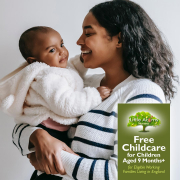
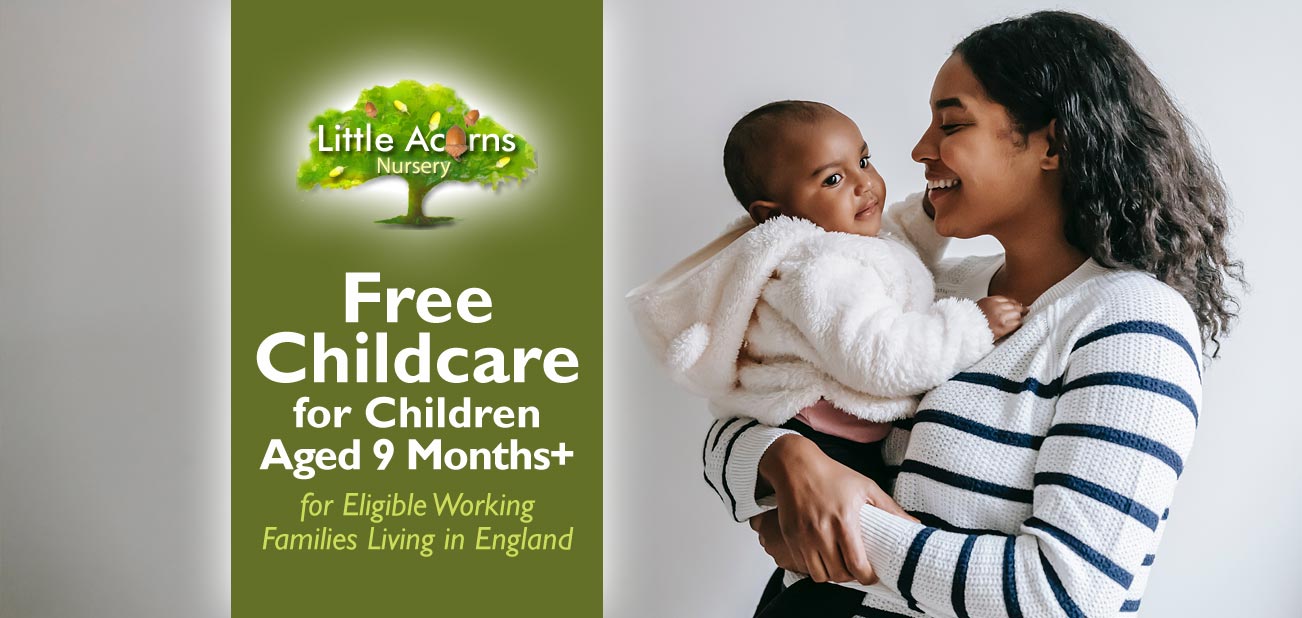
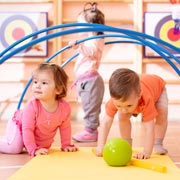 With September 2024 arriving, eligible children aged as young as 9 months can now access free childcare in England. The new childcare ‘hours’ are available where working families are eligible for the support and, in tandem, where local childcare providers are set up with appropriate staffing ratios and capacity. The good news, however, is that Little Acorns Nursery, in Clayton-le-Woods, supports the new scheme. It’s therefore with great pleasure that we’re now beginning to welcome children as young as just 9 months of age for free childcare hours at the Chorley setting.
With September 2024 arriving, eligible children aged as young as 9 months can now access free childcare in England. The new childcare ‘hours’ are available where working families are eligible for the support and, in tandem, where local childcare providers are set up with appropriate staffing ratios and capacity. The good news, however, is that Little Acorns Nursery, in Clayton-le-Woods, supports the new scheme. It’s therefore with great pleasure that we’re now beginning to welcome children as young as just 9 months of age for free childcare hours at the Chorley setting. From September 2024 (so already active), eligible children aged from 9 months to 3 years of age can access 570 hours and eligible children aged 3 and 4 can access 1140 hours of free childcare support per year. The free hours are usually taken over the course of 38 weeks (equating to 15 and 30 hours per week respectively). However, some childcare providers may allow the hours to be spread over more weeks of the year by reducing the number of hours per week. Speak directly to your specific childcare provider about the availability of this more flexible option.
From September 2024 (so already active), eligible children aged from 9 months to 3 years of age can access 570 hours and eligible children aged 3 and 4 can access 1140 hours of free childcare support per year. The free hours are usually taken over the course of 38 weeks (equating to 15 and 30 hours per week respectively). However, some childcare providers may allow the hours to be spread over more weeks of the year by reducing the number of hours per week. Speak directly to your specific childcare provider about the availability of this more flexible option. Must not have an
Must not have an  Little Acorns is a wonderful
Little Acorns is a wonderful 
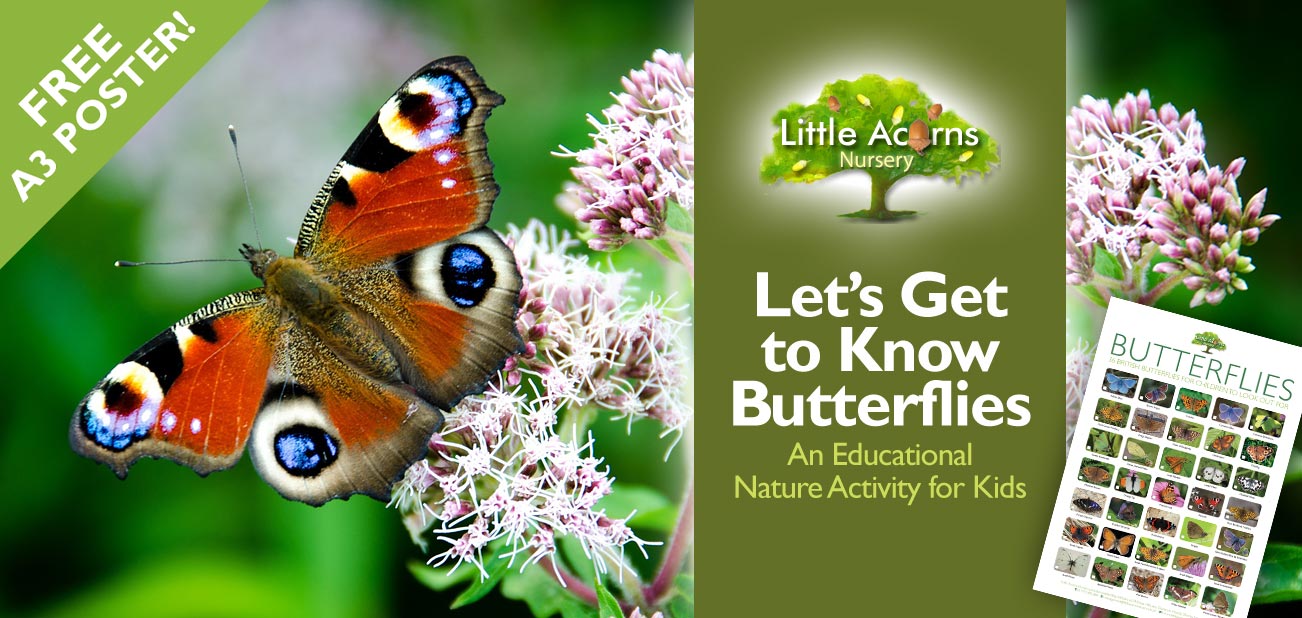
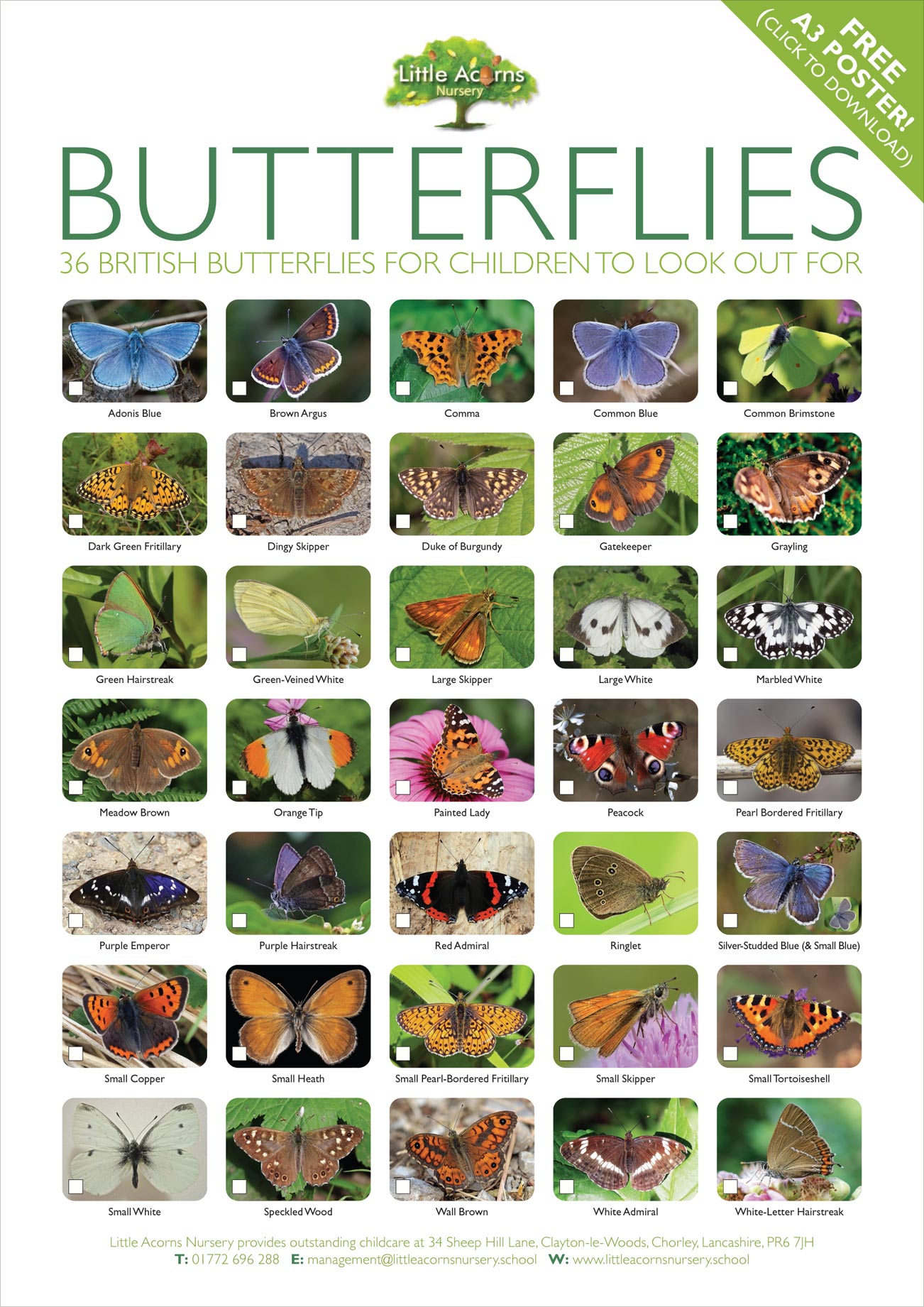
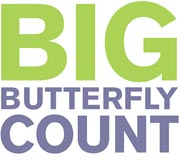 For many species, population numbers have plummeted over recent decades. Introducing your child to today’s
For many species, population numbers have plummeted over recent decades. Introducing your child to today’s 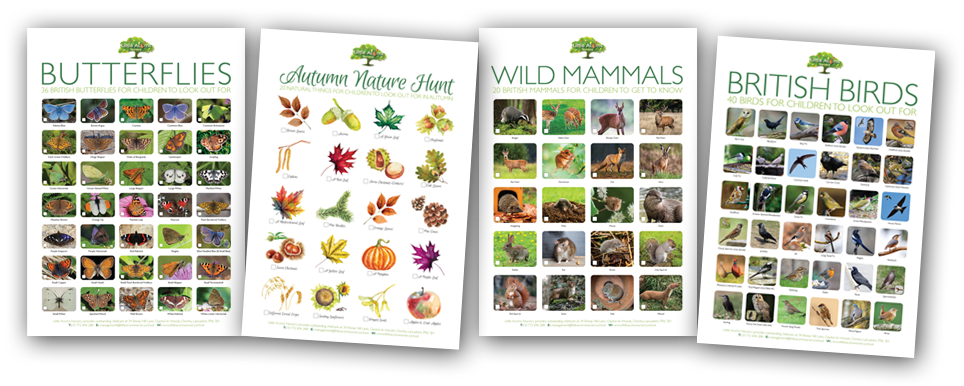
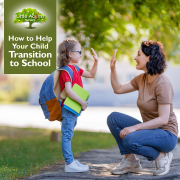
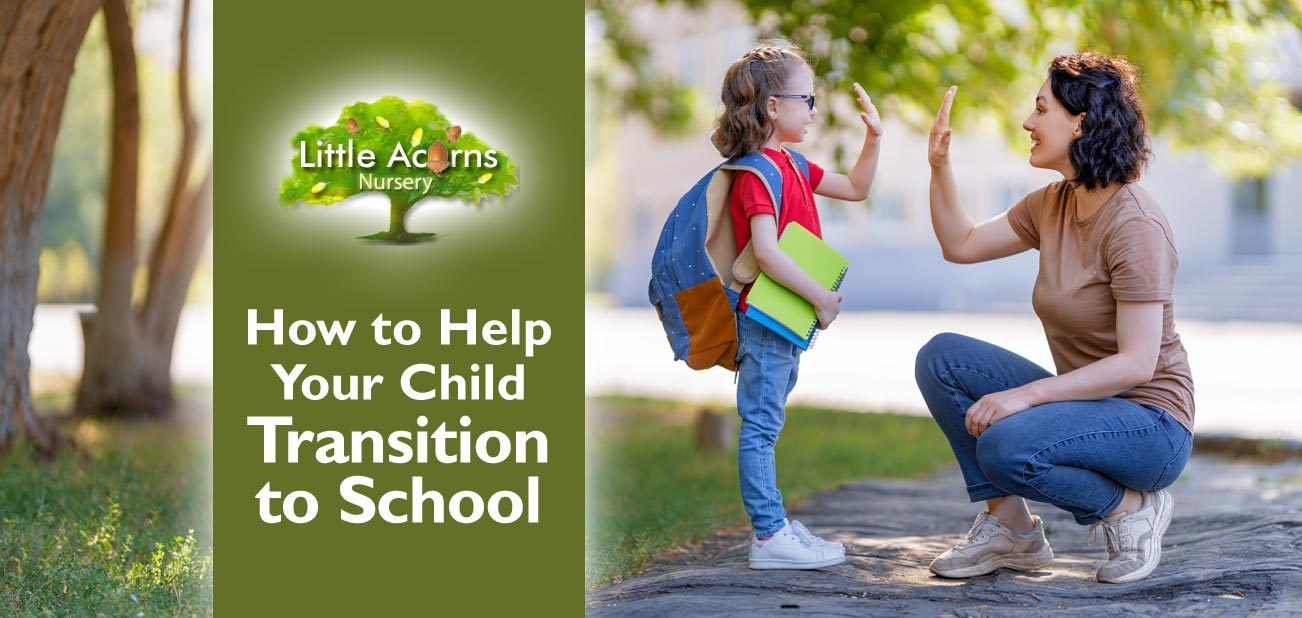
 Beginning school is a huge milestone for any child as well as for the child’s parents or guardians. Whether transitioning from nursery/preschool or straight from home, beginning school can be a daunting step in a child’s life — especially if they’re unprepared. Today’s post therefore aims to help parents/guardians make the transition to school as easy and stress-free as possible for their child, so they are empowered to feel at home and hit the ground running from the moment they begin. Take a look, therefore, at our guide on How to Help Your Child Transition to School. Following the advice should help make this milestone plain sailing for everyone involved.
Beginning school is a huge milestone for any child as well as for the child’s parents or guardians. Whether transitioning from nursery/preschool or straight from home, beginning school can be a daunting step in a child’s life — especially if they’re unprepared. Today’s post therefore aims to help parents/guardians make the transition to school as easy and stress-free as possible for their child, so they are empowered to feel at home and hit the ground running from the moment they begin. Take a look, therefore, at our guide on How to Help Your Child Transition to School. Following the advice should help make this milestone plain sailing for everyone involved. One of the most critically important steps for a smooth transition to school is to ensure your child receives a comprehensive early years education. By this we mean they need to have been nurtured between birth and school age in all areas of their learning and development — ideally including the
One of the most critically important steps for a smooth transition to school is to ensure your child receives a comprehensive early years education. By this we mean they need to have been nurtured between birth and school age in all areas of their learning and development — ideally including the 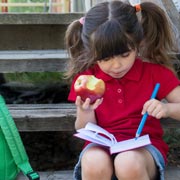 During their journey from birth to school age, it’s also important to nurture children’s independence, social skills and soft skills.
During their journey from birth to school age, it’s also important to nurture children’s independence, social skills and soft skills. When starting school is only a few weeks away, there are several small but impactful things you can do to better prepare your child for the transition:
When starting school is only a few weeks away, there are several small but impactful things you can do to better prepare your child for the transition: Pack your child’s backpack and ensure it includes everything they’ll need. For example, perhaps a snack and/or lunch box, any spare clothes, PE kit, stationery if needed, and so on.
Pack your child’s backpack and ensure it includes everything they’ll need. For example, perhaps a snack and/or lunch box, any spare clothes, PE kit, stationery if needed, and so on. Be on time. Dropping off or picking up late will stress both you and your child out!
Be on time. Dropping off or picking up late will stress both you and your child out!
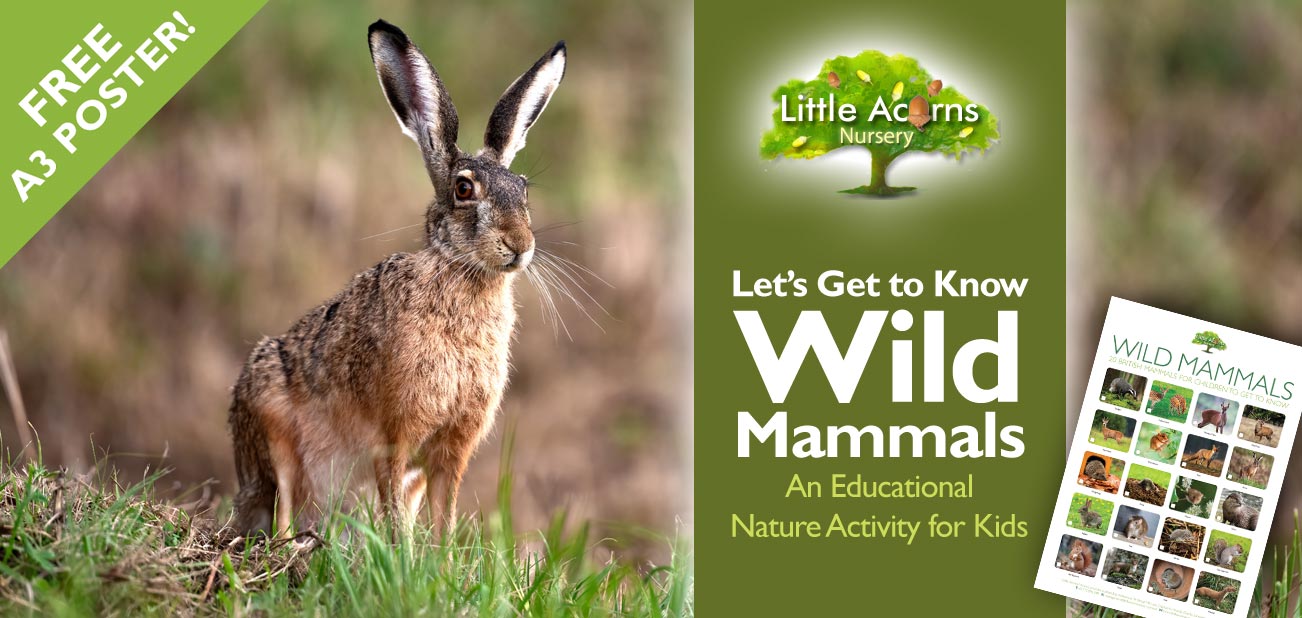
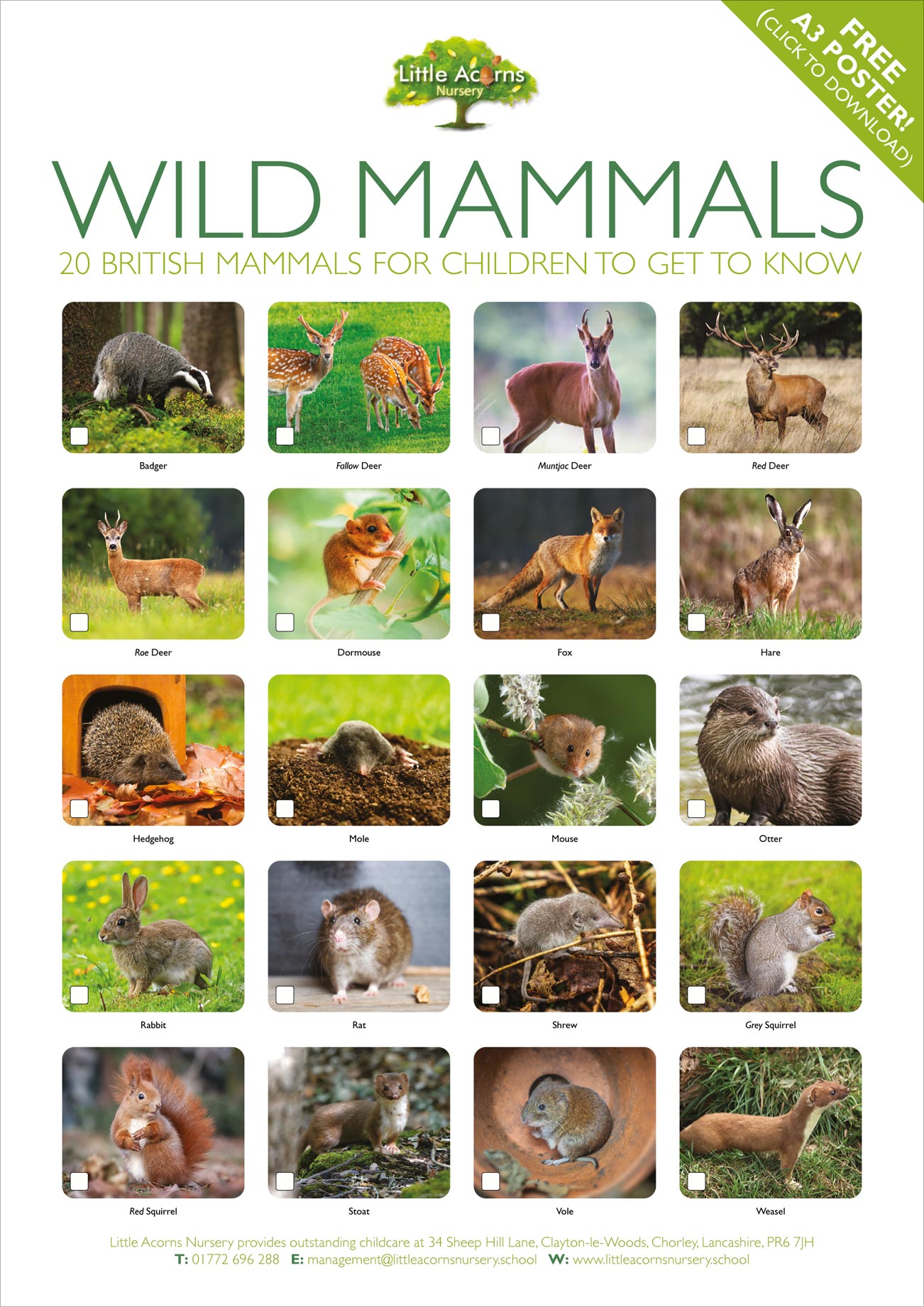
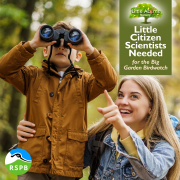
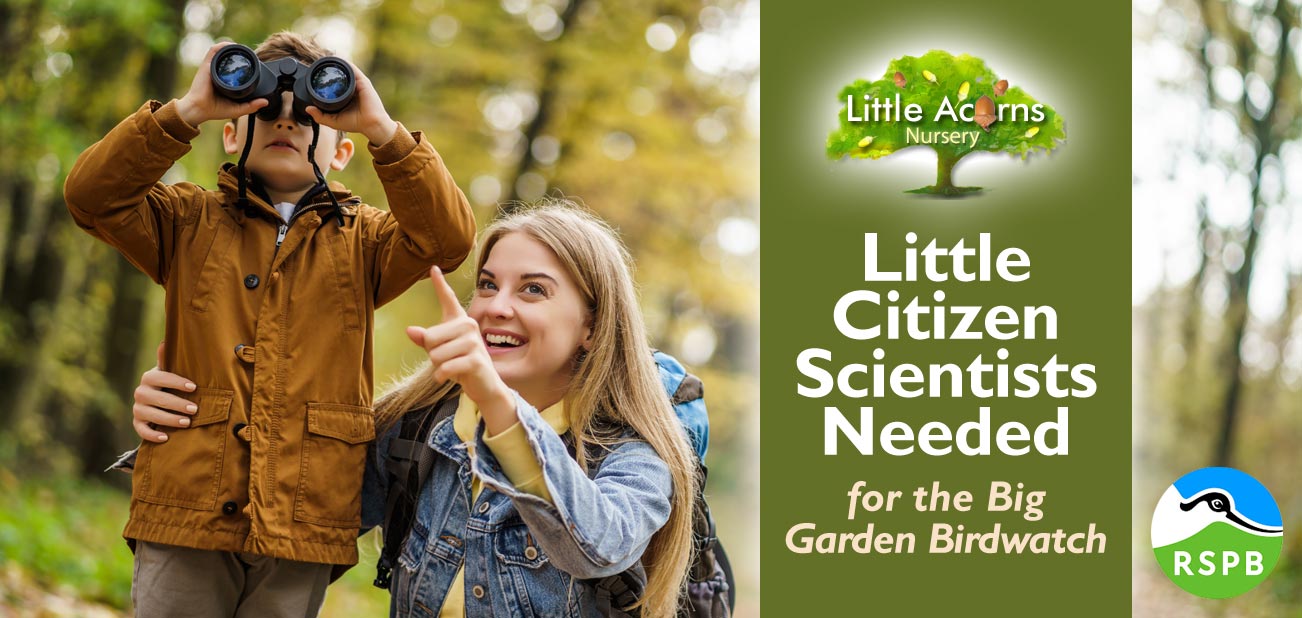
 January’s Big Garden Birdwatch is a perfect home learning opportunity where children can find out about wild birds and get a better understanding of nature itself. What’s more, it’s a hugely worthwhile event that will benefit birds, conservation efforts, and children themselves. The activity also demonstrates how easy it is for little ones to become citizen scientists. With that in mind, let’s explore today the Big Garden Birdwatch, explain what it is, how to take part, and why it’s important for families to get involved.
January’s Big Garden Birdwatch is a perfect home learning opportunity where children can find out about wild birds and get a better understanding of nature itself. What’s more, it’s a hugely worthwhile event that will benefit birds, conservation efforts, and children themselves. The activity also demonstrates how easy it is for little ones to become citizen scientists. With that in mind, let’s explore today the Big Garden Birdwatch, explain what it is, how to take part, and why it’s important for families to get involved.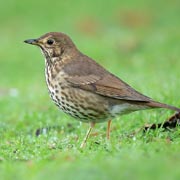 The idea of the Big Garden Birdwatch is to understand how garden birds are faring in the UK. Sadly, many bird populations are in decline, with some species facing huge declines over recent decades. Some 38 million fewer birds are now seen compared to 60 years ago. Song Thrush populations, for example, are down by 80% since the survey started in 1979. Even House Sparrow numbers have more than halved during that time. By studying the bird populations each year, trends can be identified including whether any bird species are in danger. Then the RSPB and other conservation organisations can work out what the problems are and how we might go about rescuing the situation as a nation. It also follows that, if there is a problem with bird populations, then there is likely to be a wider problem in nature too. This could be, for example, due to disease, over-intensive farming methods, habitat loss, invasive species, climate change, use of chemicals in gardens and farmland, and so on. Gathering data across the UK each January will help guide the nation to improve things — and children can help by getting involved in the Big Garden Birdwatch each January.
The idea of the Big Garden Birdwatch is to understand how garden birds are faring in the UK. Sadly, many bird populations are in decline, with some species facing huge declines over recent decades. Some 38 million fewer birds are now seen compared to 60 years ago. Song Thrush populations, for example, are down by 80% since the survey started in 1979. Even House Sparrow numbers have more than halved during that time. By studying the bird populations each year, trends can be identified including whether any bird species are in danger. Then the RSPB and other conservation organisations can work out what the problems are and how we might go about rescuing the situation as a nation. It also follows that, if there is a problem with bird populations, then there is likely to be a wider problem in nature too. This could be, for example, due to disease, over-intensive farming methods, habitat loss, invasive species, climate change, use of chemicals in gardens and farmland, and so on. Gathering data across the UK each January will help guide the nation to improve things — and children can help by getting involved in the Big Garden Birdwatch each January.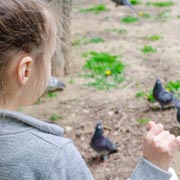 — it’s quick, easy and free to do so. Once registered you’ll receive detailed instructions in your free guide to the event, which includes your free bird identification reference sheet. This will be useful to you and your children so each bird species can be recognised more easily.
— it’s quick, easy and free to do so. Once registered you’ll receive detailed instructions in your free guide to the event, which includes your free bird identification reference sheet. This will be useful to you and your children so each bird species can be recognised more easily.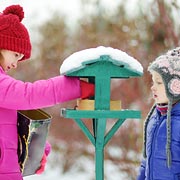 This wonderful activity is a great way to encourage families outdoors, where children benefit from nature in a myriad of ways. From lower stress and increased well-being to improved academic performance, stimulated imaginations, and better sleep,
This wonderful activity is a great way to encourage families outdoors, where children benefit from nature in a myriad of ways. From lower stress and increased well-being to improved academic performance, stimulated imaginations, and better sleep, 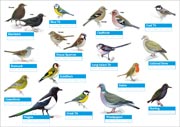 Together with the RSPB, we also have bird identification covered for children. The first option is the RSPB’s free bird reference sheet, which families will receive when they register for the event. Their digital version is best because it’s more environmentally friendly, is quicker to access, and usually shows a larger list than is shown on their printed version.
Together with the RSPB, we also have bird identification covered for children. The first option is the RSPB’s free bird reference sheet, which families will receive when they register for the event. Their digital version is best because it’s more environmentally friendly, is quicker to access, and usually shows a larger list than is shown on their printed version.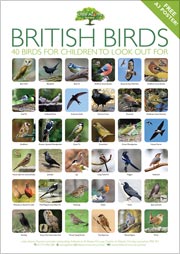 However, don’t forget that Little Acorns Nursery also published
However, don’t forget that Little Acorns Nursery also published 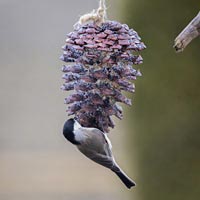 How to Encourage Birds to Visit Your Garden
How to Encourage Birds to Visit Your Garden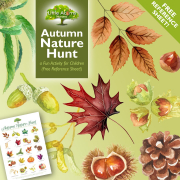
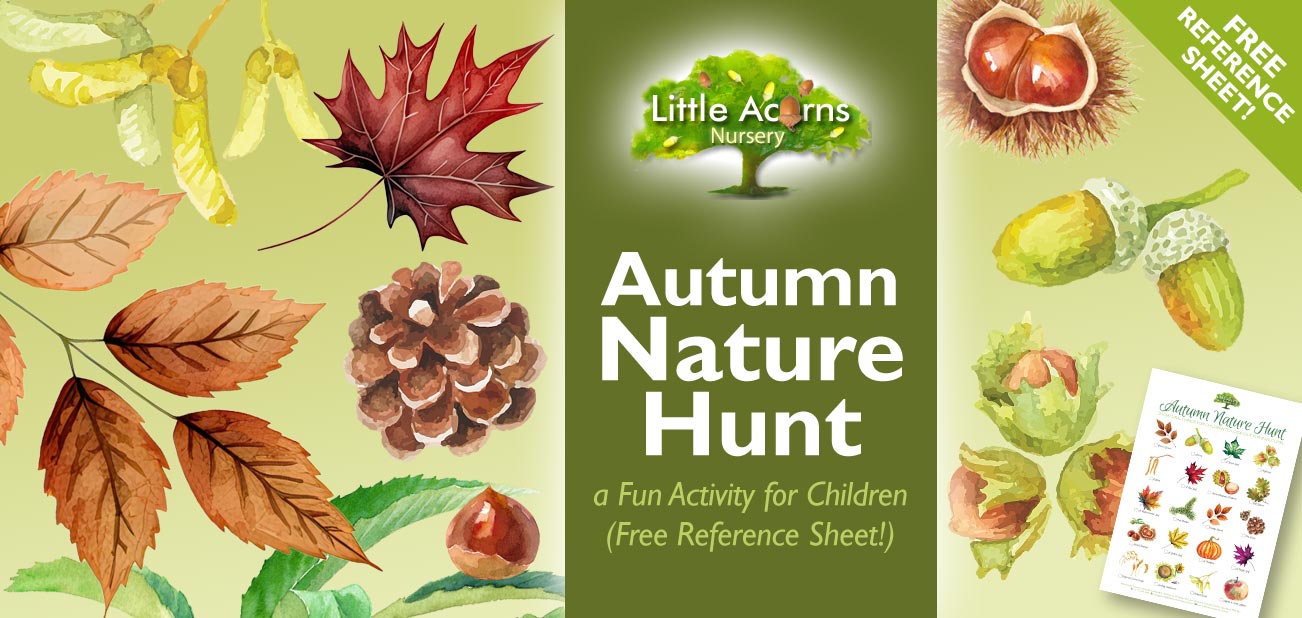
 By mid-November, autumn is in full swing and leaves are turning a myriad of different colours. Scenes of green, yellow, red and golden trees can be breathtakingly beautiful and the air is often crystal clear at this time of year — that’s great for photos! The autumn season also brings with it a treasure trove of fascinating natural things that children can discover if they take the time to look. Indeed, an autumn nature hunt is the perfect excuse for little ones to spend some time outdoors, where they will also
By mid-November, autumn is in full swing and leaves are turning a myriad of different colours. Scenes of green, yellow, red and golden trees can be breathtakingly beautiful and the air is often crystal clear at this time of year — that’s great for photos! The autumn season also brings with it a treasure trove of fascinating natural things that children can discover if they take the time to look. Indeed, an autumn nature hunt is the perfect excuse for little ones to spend some time outdoors, where they will also 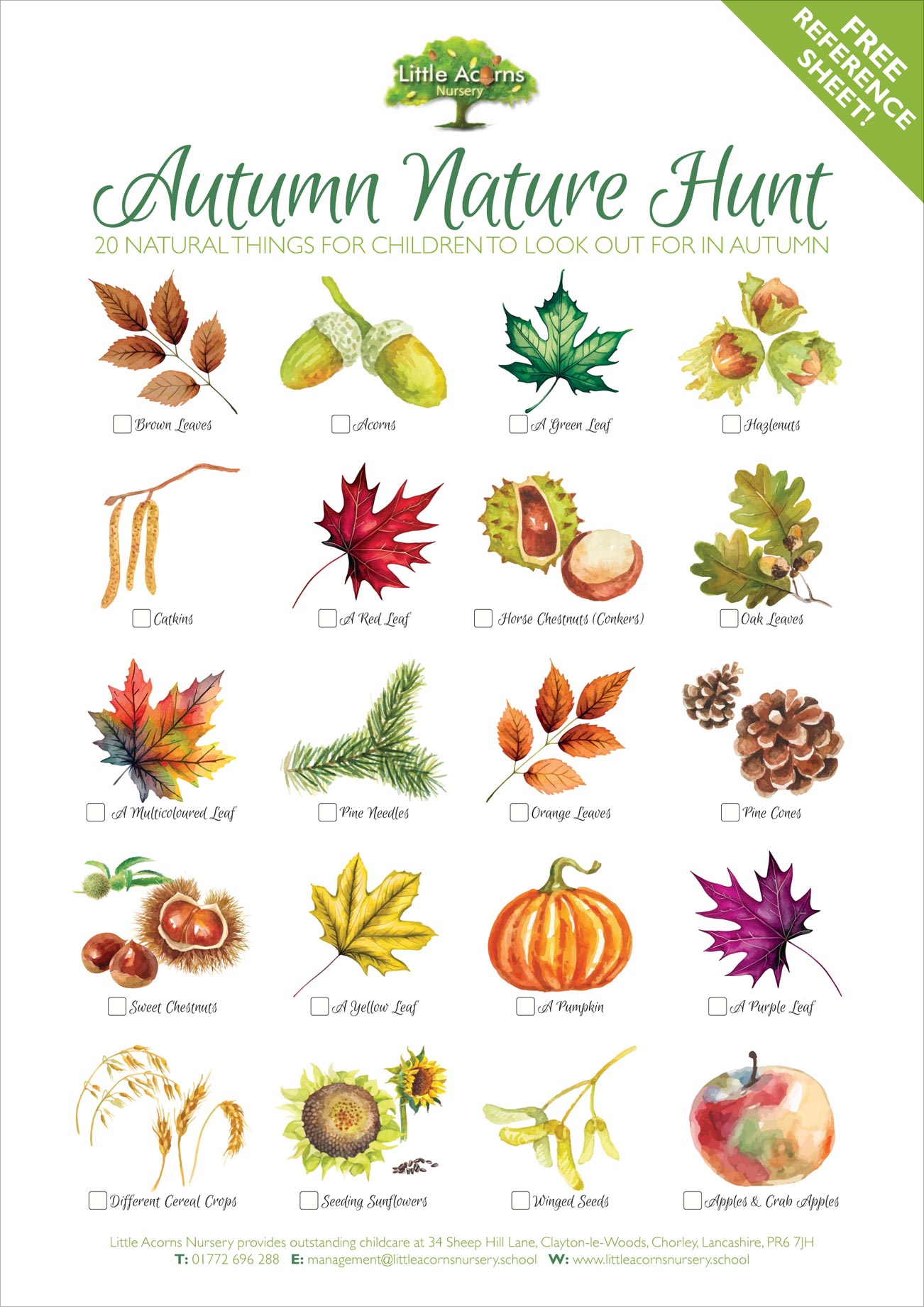
 Ensure children, particularly the very young, receive appropriate adult supervision at all times. Although fascinating and fun, the outdoors holds many hazards for the unwary. Therefore, children will need to be closely monitored by a responsible adult in order to safeguard their well-being.
Ensure children, particularly the very young, receive appropriate adult supervision at all times. Although fascinating and fun, the outdoors holds many hazards for the unwary. Therefore, children will need to be closely monitored by a responsible adult in order to safeguard their well-being.